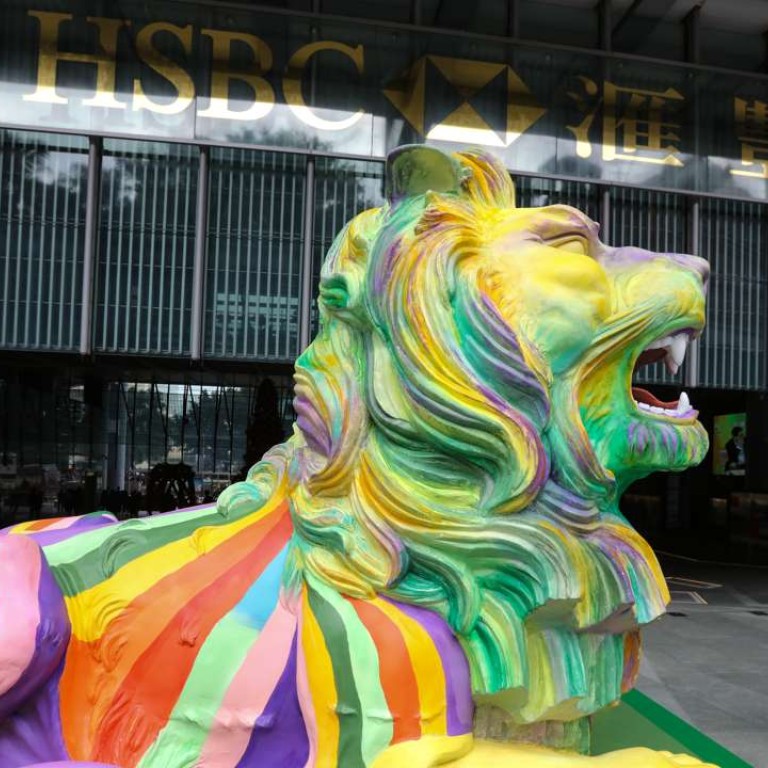
Hong Kong’s tourism sector the loser without laws to protect rights of sexual minorities, experts say
City urged to legislate against discrimination in areas such as hotels and restaurants
While attracting international lesbian, gay, bisexual and transgender (LGBT) travellers could potentially lift Hong Kong’s bleak tourism sector, legal professionals say the city’s laws fail to provide adequate protection to the community in the services sector.
The four anti-discrimination ordinances only protect people from discrimination on grounds of sex, disability, race and family status regarding the provision of services, but this does not extend to the LGBT community.
Peter Reading, legal counsel at the Equal Opportunities Commission, said the city’s laws had been slow to catch up with global standards.
“Most jurisdictions in developed countries in Europe, Australia, New Zealand and Canada have anti-discrimination legislation protecting LGBT people from discrimination in relation to the provision of services,” he said.
Such laws cover situations when a private or public body provides a service to the public, like in restaurants, hotels and tourist attractions.
Reading said such legislation could efficiently protect LGBT travellers in societies with strong conservative groups.
He cited a legal case in the UK in 2013 in which a gay couple wanted to stay in a hotel but were turned away by the Christian couple that owned it. The hotel owners lost in the end.
“It shows that where you provide a public service such as a hotel, your right to freedom of religion can be limited to prevent sexual orientation discrimination,” he said.
While Hong Kong has for years been dubbed Asia’s world city, its anti-discrimination legislation on the grounds of sexual orientation lags that of its regional rivals.
Reading said several jurisdictions in Asia, such as Taiwan, Macau and Thailand, provided different levels of legal protection to LGBT people in employment, education and receiving services.
Despite the slow legislation process, Hong Kong people, especially the younger generation have become more accepting of sexual minorities.
According to a survey by Chinese University last year, 56 per cent of Hongkongers agreed that lesbian, gay, bisexual, transgender and intersex (LGBTI) individuals should be protected by law – double the proportion who thought so in 2005.
For those aged 18 to 24, about 92 per cent considered legislation necessary.
I did not sense that Hong Kong would be a welcoming climate or culture for me nearly 30 years ago
Bob Witeck, president of Witeck Communications, a specialist in the gay and lesbian consumer market, observed improvements in public acceptance in the past three decades, partly driven by multinational companies’ hunger for talent.
“Today we witness rapid changes and international business continuing to soar in the region, as more multinational employers hire and promote talented LGBT people. All of us now see Hong Kong and other major urban centres as diverse, culturally aware and more receptive to different kinds of people,” he said.
Witeck, who is openly gay, recalled how he was approached about a job in Hong Kong in 1990 but declined it as he was uncertain if he could be open with people he met in the city.
“I did not sense that Hong Kong would be a welcoming climate or culture for me nearly 30 years ago,” he said.
“Given the always shrinking globe, and the desire to do business, find pleasure, take vacations and meet other people everywhere, the walls and barriers are quickly evaporating for LGBT people too.
“Hong Kong would be smart to welcome this tide, consider themselves a gateway for all, and communicate a clear, unfiltered welcome that includes LGBT and same-sex couples to visit.”

